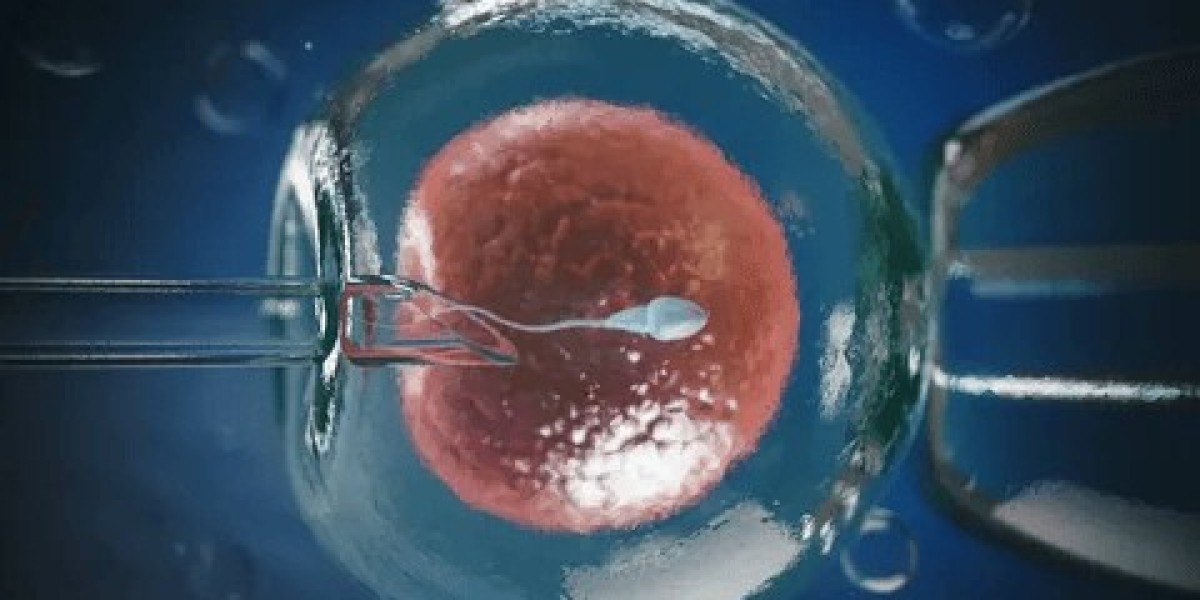1. Genetic Screening and Embryo Selection
One of the most significant advancements in IVF is Preimplantation Genetic Testing (PGT). This technique allows embryologists to screen embryos for genetic abnormalities before implantation, improving success rates and reducing the risk of inherited diseases.
PGT-A tests for abnormal chromosome numbers, which can prevent miscarriage or implantation failure.
PGT-M screens for single-gene disorders like cystic fibrosis or thalassemia.
In the future, even more precise embryo profiling may become available, potentially leading to healthier pregnancies and better outcomes.
2. Artificial Intelligence (AI) in IVF
AI is revolutionizing embryo selection. By analyzing images of embryos and learning patterns from thousands of successful and unsuccessful IVF cycles, AI can:
Predict embryo viability
Improve implantation success
Reduce human error in assessments
As this technology becomes more refined, clinics may soon offer more accurate, data-driven recommendations for each patient.
3. Non-Invasive Testing
Traditionally, assessing embryo quality required biopsy. New non-invasive testing methods, such as analyzing the spent culture media (the fluid embryos grow in), are emerging. These tests may provide genetic and metabolic insights without touching the embryo, reducing risks and improving safety.
4. Fertility Preservation and Egg Freezing
With improved vitrification techniques, egg and embryo freezing is more successful than ever. This is a game-changer for:
Women delaying pregnancy for career or personal reasons
Cancer patients undergoing fertility-threatening treatments
Couples undergoing multiple IVF cycles
Future innovations may further enhance egg survival and thawing success, making fertility preservation even more reliable.
5. Lab Automation and Microfluidics
Automation in IVF labs is increasing accuracy and reducing variability. Microfluidic devices, which mimic natural environments, are now being used to improve sperm selection and embryo culture conditions. These advancements may:
Enhance fertilization rates
Reduce contamination
Lower costs by streamlining processes
6. Uterine Receptivity Testing
Beyond the embryo, a woman’s uterus must be ready for implantation. New endometrial receptivity tests help determine the optimal window for embryo transfer, significantly increasing the likelihood of a successful pregnancy. Future developments may make this process faster, more accurate, and available to more patients.
7. Personalized Medicine in IVF
The “one-size-fits-all” approach is being replaced by personalized IVF protocols. By tailoring treatment to an individual’s hormone levels, genetic profile, and response history, doctors can increase efficiency and improve outcomes.
Emerging technologies like pharmacogenomics may soon allow doctors to predict exactly how a patient will respond to fertility medications—minimizing side effects and maximizing success.
8. Stem Cell Research and Future Possibilities
Though still experimental, stem cell research holds incredible promise. Scientists are exploring how to create artificial eggs and sperm from stem cells, potentially offering fertility solutions for individuals with no viable gametes due to age, illness, or medical treatments.
While this is still in the research phase, the future could one day include lab-grown gametes and entirely new ways to achieve conception.
Final Thoughts
The future of IVF is bright and full of potential. As science and technology continue to advance, fertility treatments will become more personalized, less invasive, and increasingly successful. What was once considered miraculous is now becoming more precise, efficient, and accessible to people across the globe.
Whether you're currently undergoing IVF or considering it in the future, staying informed about these innovations can help you make empowered decisions—and remind you that hope continues to grow along with science.








